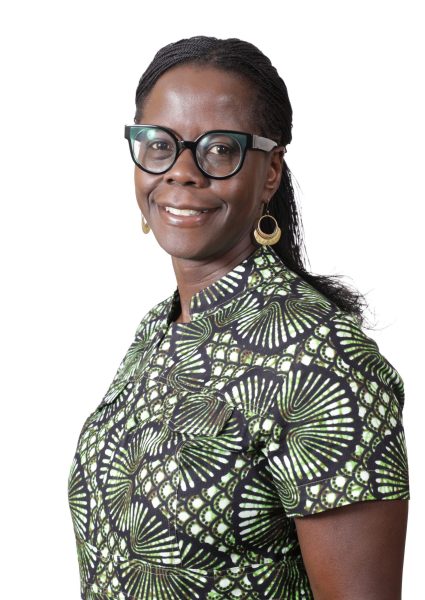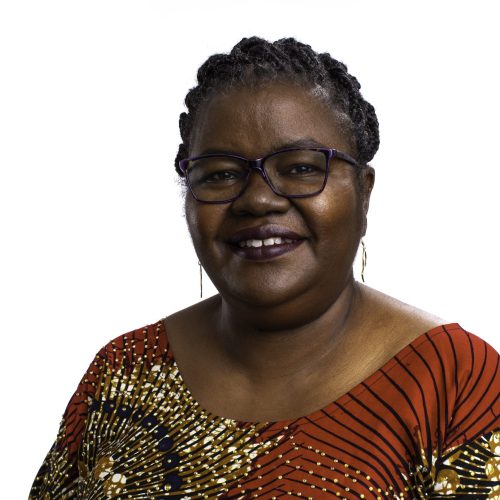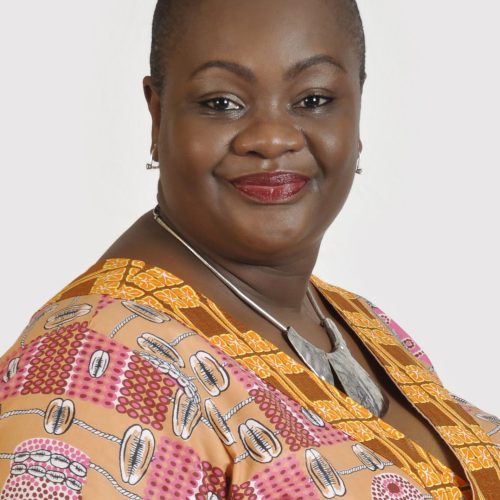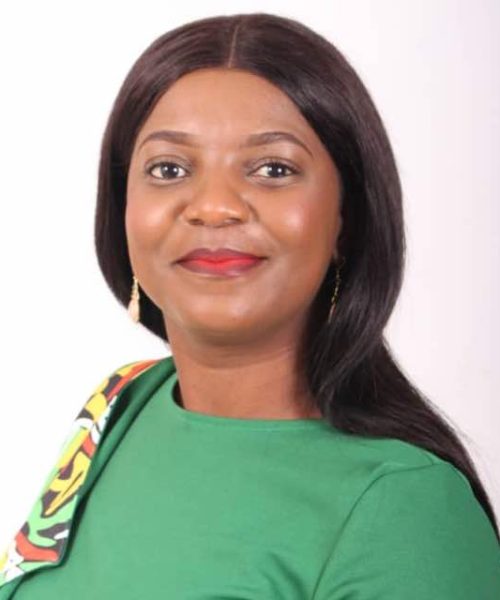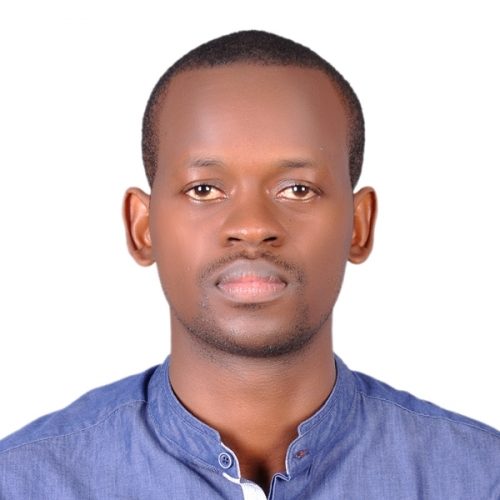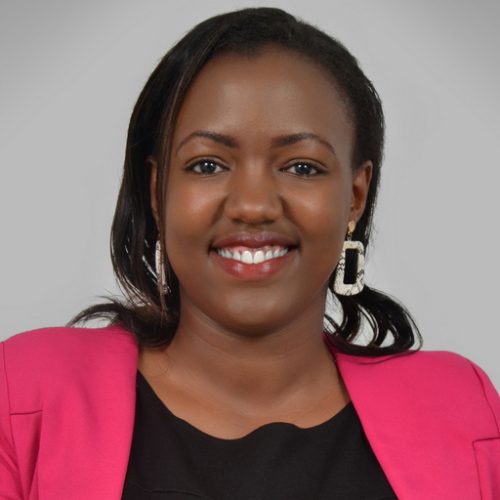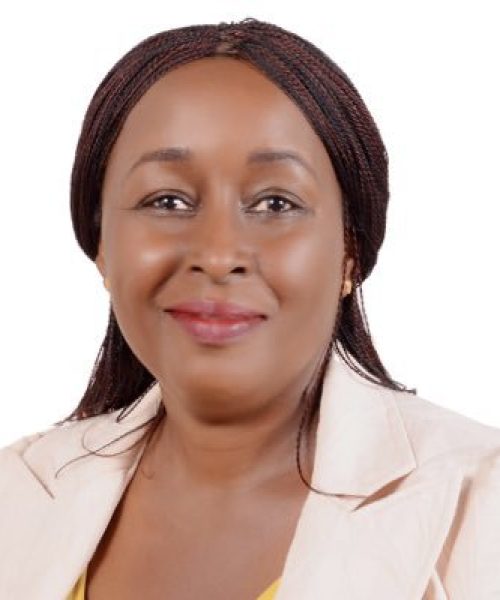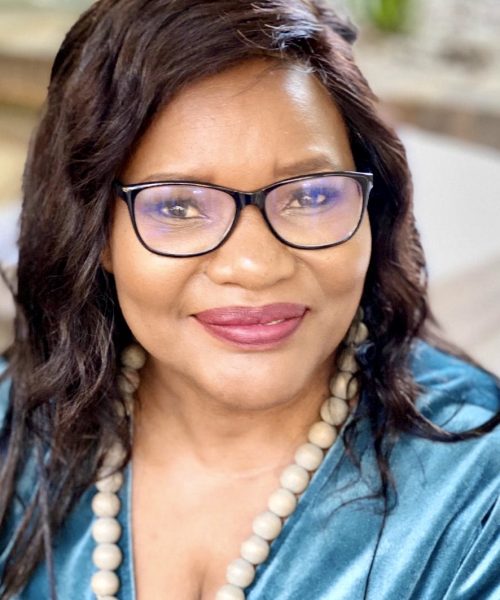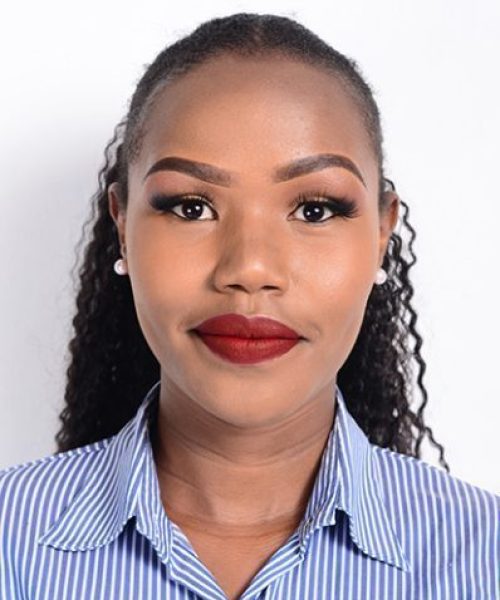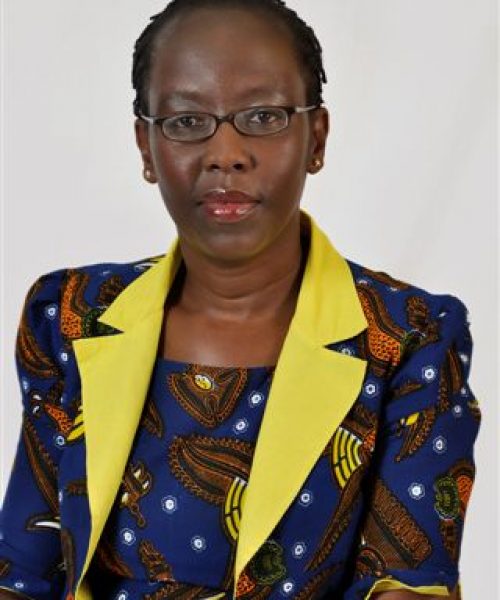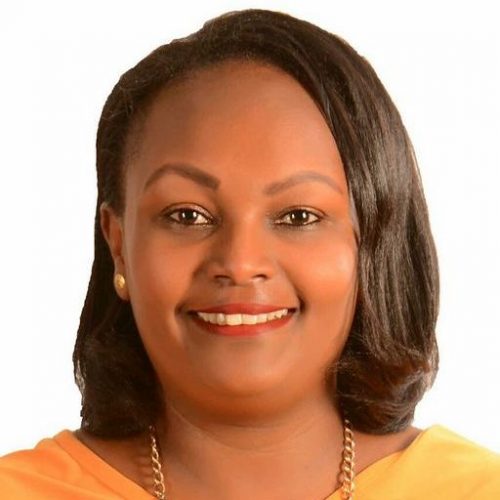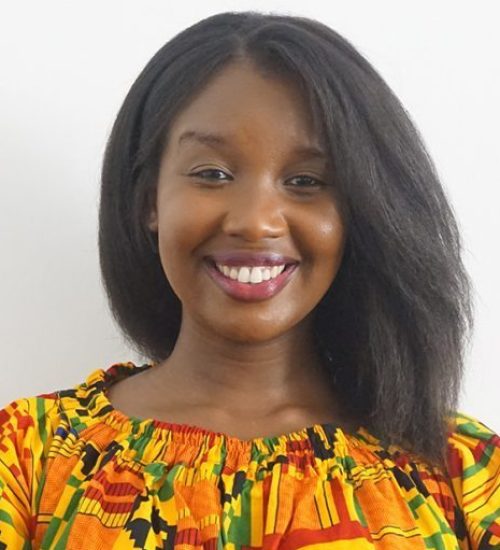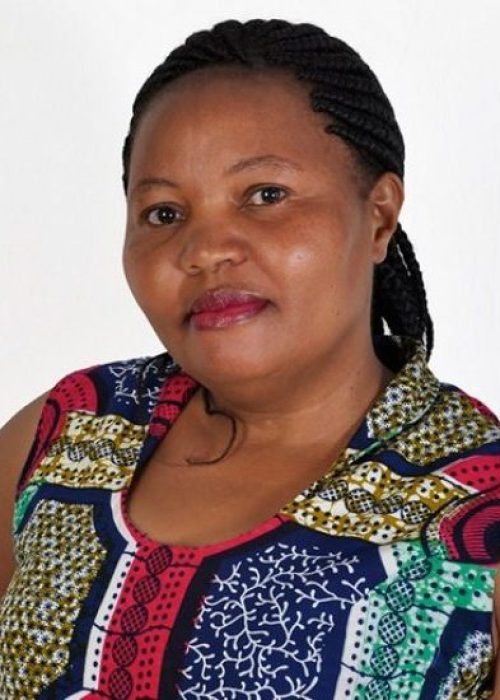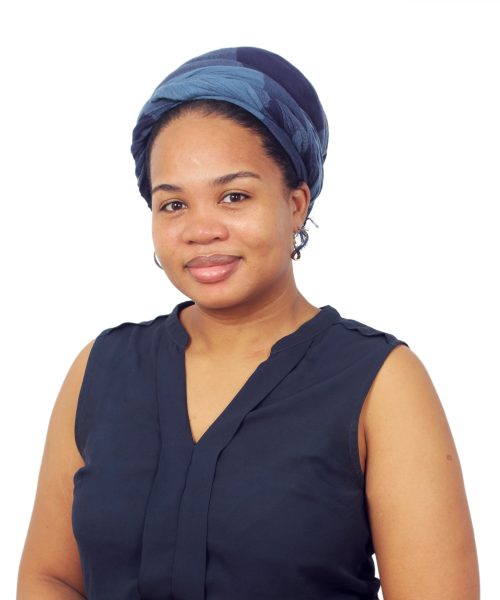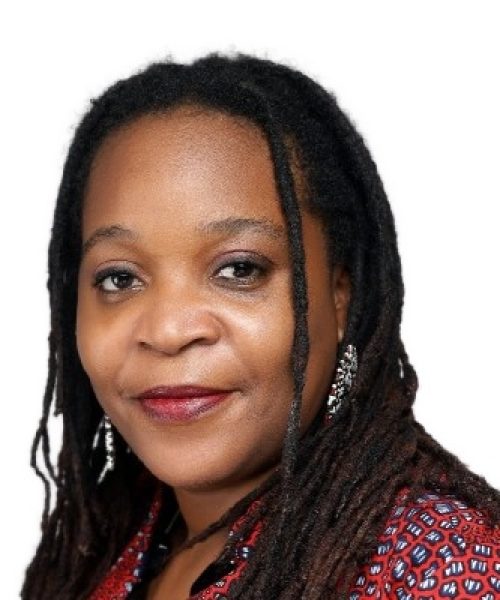RAPID RESPONSE GRANT MAKING
Rapid Response Grant making is the flagship and core programme of UAF-Africa. As the first rapid response Fund on the continent, UAF-Africa adds value to the work of women’s rights activists and organisations through provision of financial and technical resources at critical moments of need.
UAF-Africa is cognisant of the fact that women and girls are Africa’s untapped potential. The issues, factors and actors that inhibit their freedom to thrive are numerous, complex, reinforcing of each other and constantly evolving. Yet, women are not passive; they have resisted oppression, spoken out for the silenced, marched for change and advocated for liberty, justice, dignity and rights, against forces that are resistant to a shift in the present inequitable power structures; a shift in the status quo! UAF- Africa ardently believes in the power of women to activate social change, and has been a partner of women’s human rights actors on the continent who passionately work for a just, equal and peaceful world for women and girls. We have positioned ourselves strategically to bolster women’s efforts, support them as agents of change and work with them to ensure deep and lasting transformation to an equal world for all women and girls, men and boys.
FREQUENTLY ASKED QUESTIONS
Can’t find the information you are looking for? We have shared some of our most frequently asked questions to help you out!
Click on this link FAQs to view the document.
DEFENDING THE DEFENDERS
UAF-Africa provides urgent financial and technical support for the protection of women’s rights activists who are persecuted as a direct result of their activism. We recognise and support women’s rights activists and organisations whose lives are at risk because of their work in challenging patriarchy, fundamentalisms, harmful traditional norms and values or any other contextual factors that impact negatively on women’s rights or seek to subjugate women. Realizing that many women’s rights activists defend women’s rights in their individual capacities; to defend their own rights or the rights of other women, without necessarily being members of women’s rights groups or organisations, UAF-Africa supports women’s rights activists who, through their individual actions, can have an impact on the collective advancement and protection of women’s human rights.
PROTECTING WOMEN'S INDIVIDUAL DIGNITY, SAFETY AND AUTONOMY
Women have the right to dignified and secure existence in a world free from physical, sexual, psychological and economic harm where they can determine how to conduct and exercise their bodily, sexual and reproductive rights in private or public spaces, during peace time and in situations of armed conflicts or political volatile situations. UAF-Africa supports women’s rights organisations and women’s human rights defenders (this includes female identifying transgender persons, lesbians, bisexual and intersex persons) to advocate for and safeguard their rights to bodily integrity, autonomy, safety and dignity.
JUSTICE AND THE RULE OF LAW
UAF-Africa recognises that legal frameworks and the rule of law are important tools for advancing and promoting women’s rights. Access to justice and the practice and implementation of the rule of law have contributed to women’s marginalization and secondary position in society owing to corruption, patriarchy, poor legal and social structures for justice including relaxed enforcement mechanisms. UAF-Africa supports women’s human rights defenders and organisations to engage in, challenge and influence processes that lead to the enforcement of justice and rule of law. This includes precedent setting legal and legislative interventions, review, enactment and implementation of progressive laws, challenging retrogressive laws, interpretation and introduction of progressive legal clauses which all ultimately strengthen the women’s voice and visibility while creating long-lasting and systemic change
ECONOMIC JUSTICE
The reality of today’s world is that the imbalances of power in the economic realm ultimately transpose to imbalanced systems and structures in other spheres. Women’s socio-political, environmental and legal welfare are hinged on access to economic resources. The right to acquire and utilise resources including land, minerals, water and energy for economic gains has been indiscriminately applied to women in Africa. This has contributed to their disempowerment in various realms. Access to employment and increased and equal opportunities within the labor market are key drivers of gender equality. This is particularly relevant as the economic importance of the natural resource sector and within the extractive industry is growing in many African countries. However, the impacts of extractive operations are not gender neutral with women being the first to bear the negative impact of irresponsible extraction practices. The exploitative and ecologically destructive nature of the extractive industry leaves women in particularly vulnerable in many socio-economic and security fronts at the disregard of the multinational companies and state actors involved in the industry.UAF-Africa supports women’s human rights organisations and activists who seek to address and overcome the defining factors that contribute to women’s economic stagnation and advocate for an enabling environment with just and equitable frameworks that promote women’s economic self-reliance.
NATURAL RESOURCE GOVERNANCE & CLIMATE CHANGE
Natural resource governance, climate change and social justice interact in a circular fashion and at the heart of this are women’s rights. Women are critical to the management of and control of natural resources. Women are equally pivotal in climate change adaptation and mitigation processes because of their overwhelmingly close relationship with natural resources but also because of the knowledge, skills with regard to adaptation and environmentally friendly production of natural resource outputs.UAF-Africa supports women’s rights organisations and women’s rights activists to advocate for their active participation and decision making in the governance of natural resources and the orientation and implementation of climate change policies and practices.

